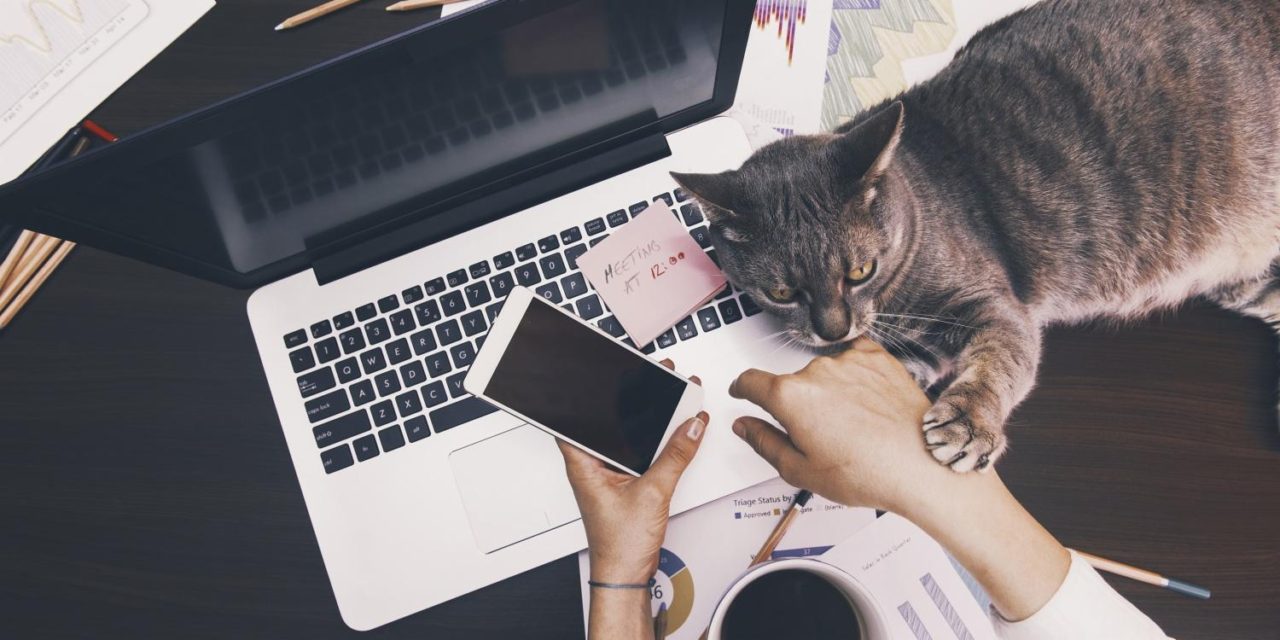David Thomas, partner at Thames Tap sponsor Vail Williams, weighs up the possible long term effects of the way working patterns have changed in the light of the COVID-19 crisis.
Whilst we wait for the phoenix of the new norm to rise out of the ashes of the COVID-19 crisis, a number of technology writers are predicting a permanent move towards home working.
Boris Johnson has advised people to work from home where possible and many unprepared companies have scrabbled to purchase laptops for staff with one retailer reporting an increase from shipping 100 units a week to 1,000 a day. This is very much a forced situation to control the spread of this virus.
So will this, as some predict, mean home working becomes the new normal and the end of the office? Put simply – no.
Will it mean a rapid uptake in collaborative tools such as Slack, Skype or Microsoft Teams to get work delivered? Probably yes, and I explain my reasoning as follows.
From Maslow’s hierarchy of needs to well documented psychological theories that abound – we as humans are social beings that need to belong, to connect, to communicate and to collaborate.
That’s why, in the absence of any lockdown, we get up every day go to somewhere to interact with others, to work together, to share jokes and learn from each other’s experience.
We are in-built to connect, to read and react to emotions – try seeing how everyone is feeling next time you’re on a Skype call with more than two people and you will see what I mean.
Take, for example, this story I once heard about a company that closed its office, locked the door but didn’t close the car park.
A group of former employees drove to the car park every day, parked alongside each other, worked on their laptops and wound down their windows when they wanted to chat to colleagues.
Previous studies by Gensler show that employees who spend more than three days a week out of the office environment start to become disconnected and disenfranchised.
This, together with the fact that some WeWork employees have been found to identify more with their co-working space brand than their own employer, means that businesses can be cautious about long-term homeworking.
Alongside this, businesses need to think about their culture and values, and how best to protect the interests of their people.
We have an increasing loneliness problem in the UK. Is increasing isolation of individuals to work from home going to exacerbate this issue and amplify it with unintended consequences?
Clearly, in the current climate, this is a necessary stance to protect people from contracting COVID-19, but there are also practical considerations to take into account.
Many people don’t have superfast broadband at home or may have poor mobile signal. How many get frustrated with lagging, extended download or upload time or calls dropping out?
Add children streaming games or videos into the mix and you’ll find yourself negotiating Netflix streaming rights in exchange for that important email you need to send.
And, are we prepared for the home ‘politics’ of multiple people working from the same home environment, the lack of privacy that entails (scheduling of multiple loud Skype calls) and basic needs that a modern, well laid out working environment provides?
If the rate at which this virus is spreading is anything to go by, it is likely that we will need to overcome such obstacles to ensure business as usual, in the most efficient and effective way we can for the time being, despite the practical challenges we might face.
Houses and flats are getting smaller and the reality is that not everyone is set up to work from home in an appropriate environment which is compliant with long term health and safety requirements – from duplicate screens and seating arrangements, to a safe space where the kids won’t interrupt the report you’re writing or, as Professor Robert Kelly found out to his detriment, your Skype call.
In the longer term, we are not set up to work from home in general and we will likely see a return to office working, although perhaps on more flexible terms than before.
My view is that our current situation is a necessary solution and many people will revisit travelling versus screen calls instead of meetings from an environmental perspective but for the reasons set out above.
Post this crisis, we will long for that social interaction, strong mobile signals, and not being asked by our other halves to hang the washing out or do the odd job list that’s been hanging over each weekend.
© Thames Tap No 203 (powered by ukpropertyforums.com)










